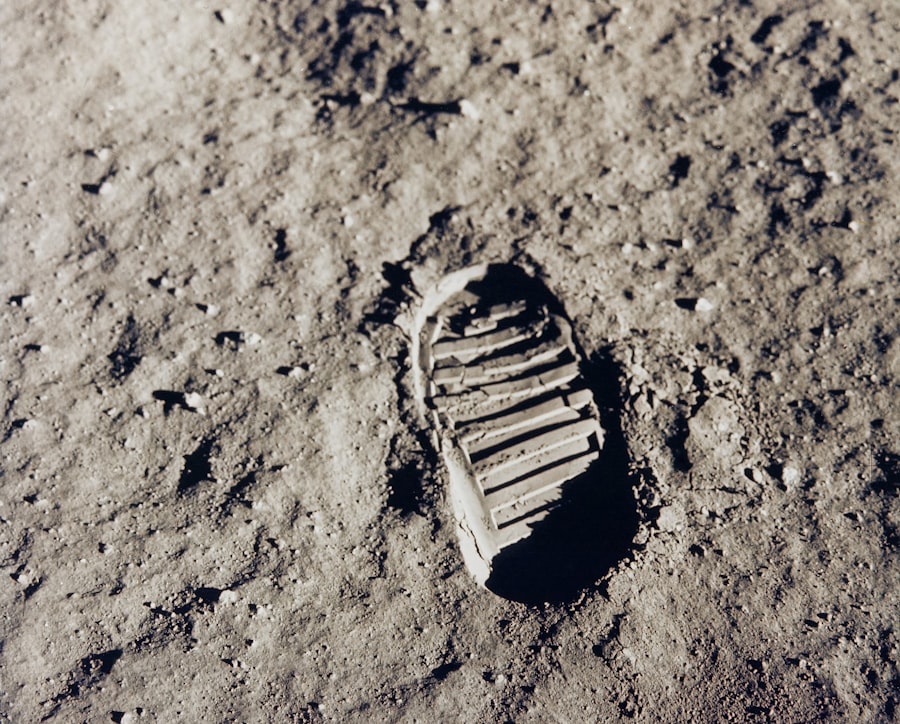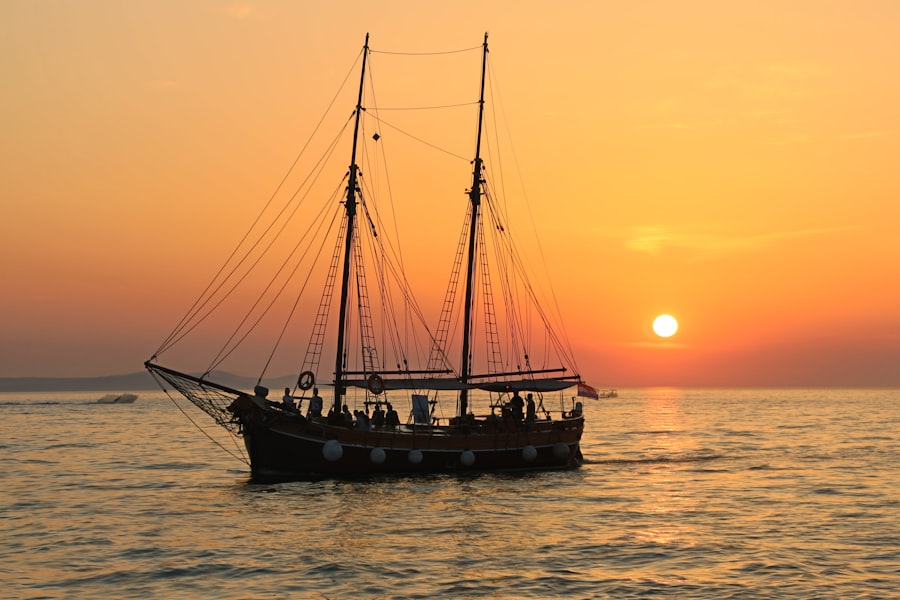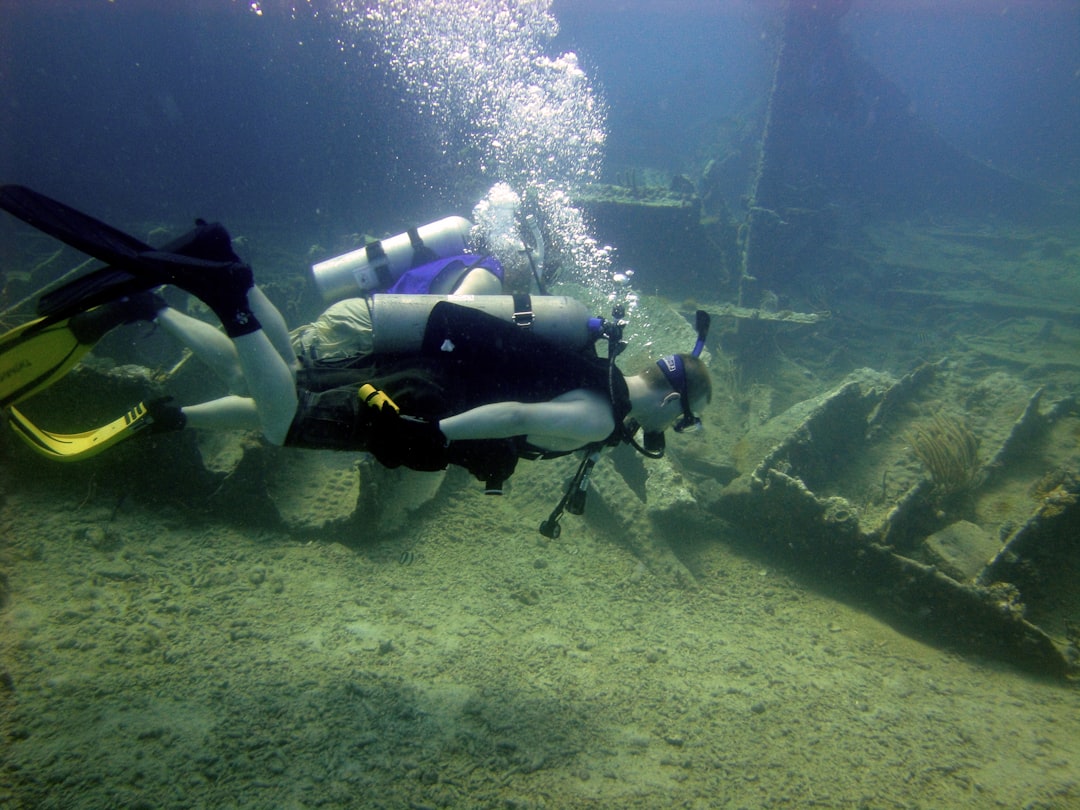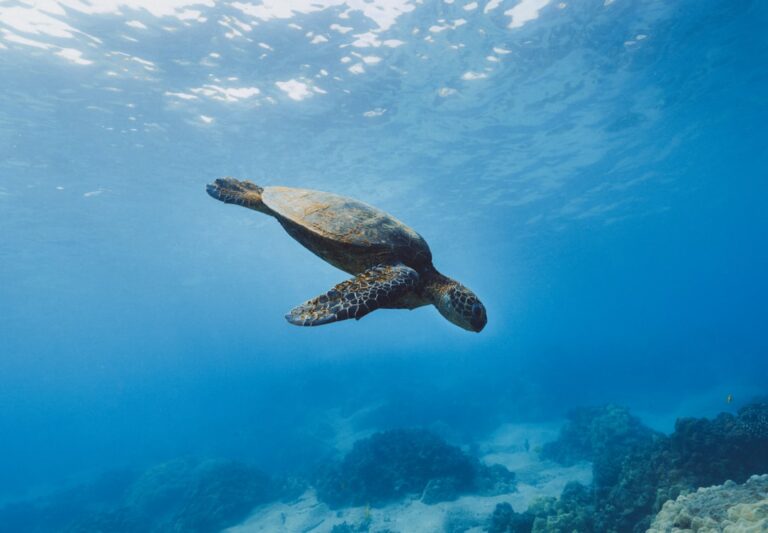The Age of Exploration, spanning from the late 15th century to the early 17th century, marked a pivotal moment in world history, characterized by European powers venturing beyond their borders in search of new trade routes, resources, and territories. This era was fueled by a confluence of factors, including advancements in navigation technology, the desire for wealth, and the quest for knowledge. Innovations such as the magnetic compass, astrolabe, and improved ship designs like the caravel enabled explorers to traverse vast oceans with greater confidence and accuracy.
The thirst for spices, gold, and other valuable commodities drove nations like Spain and Portugal to invest heavily in maritime expeditions, leading to encounters with previously unknown lands and peoples. The motivations behind these explorations were multifaceted. Economic ambitions were paramount; European nations sought to break the monopoly of Middle Eastern and North African traders on the spice trade.
The fall of Constantinople in 1453 had disrupted traditional trade routes, prompting a search for alternative paths to Asia. Additionally, the spirit of the Renaissance encouraged curiosity about the world, spurring individuals like Christopher Columbus and Vasco da Gama to embark on their historic voyages. As these explorers set sail, they unwittingly laid the groundwork for colonialism, as their discoveries would soon lead to the establishment of empires that reshaped global dynamics.
Key Takeaways
- The Age of Exploration set the stage for colonialism by sparking European interest in finding new trade routes and territories.
- The Spanish and Portuguese empires were among the first to establish colonies in the New World, with Spain focusing on Central and South America and Portugal on Brazil.
- Spain and Portugal’s early colonization efforts in the New World led to the conquest and exploitation of indigenous peoples, as well as the introduction of new trade, religion, and cultural exchange.
- The impact of colonialism included the establishment of trade networks, the spread of Christianity, and the exchange of goods and ideas between Europe and the New World.
- Resistance and conflict between indigenous peoples and European conquerors shaped the history of colonialism, leading to ongoing struggles for autonomy and rights.
The Spanish and Portuguese Empires: A Brief Overview
The Spanish and Portuguese empires emerged as two of the most formidable colonial powers during the Age of Exploration. Portugal, under the leadership of Prince Henry the Navigator, was at the forefront of maritime exploration in the early 15th century. The Portuguese established a series of coastal trading posts along the West African coast and later ventured around the Cape of Good Hope to reach India and the Spice Islands.
Their empire was characterized by a focus on trade and commerce, with a network of fortified trading posts that facilitated the exchange of goods and resources. Spain, on the other hand, rapidly expanded its influence following Columbus’s voyage in 1492. The Spanish crown sought to claim vast territories in the Americas, leading to the establishment of a sprawling empire that stretched from present-day California to Argentina.
The Spanish Empire was marked by its aggressive military conquests and a focus on resource extraction, particularly gold and silver. The Treaty of Tordesillas in 1494, brokered by Pope Alexander VI, divided newly discovered lands between Spain and Portugal, further solidifying their roles as dominant colonial powers. This division not only shaped their respective empires but also set the stage for future conflicts over territory and resources.
The Conquest of the New World: Spain and Portugal’s Early Colonization Efforts

The early colonization efforts of Spain and Portugal were characterized by a combination of exploration, conquest, and settlement. In the case of Spain, figures like Hernán Cortés and Francisco Pizarro became synonymous with the brutal conquests of powerful indigenous empires such as the Aztecs and Incas. Cortés’s expedition to Mexico in 1519 led to the fall of Tenochtitlán in 1521, facilitated by alliances with discontented indigenous groups and a ruthless military strategy that employed superior weaponry and tactics.
Similarly, Pizarro’s conquest of Peru in 1532 resulted in the capture and execution of Inca Emperor Atahualpa, paving the way for Spanish control over vast territories rich in silver and gold. Portugal’s approach to colonization was somewhat different but equally impactful. Rather than large-scale conquests, Portuguese efforts were often focused on establishing trade networks and strategic coastal outposts.
The capture of Goa in India in 1510 marked a significant milestone in establishing Portuguese dominance in Asian trade. The Portuguese also engaged in the transatlantic slave trade, transporting enslaved Africans to work on sugar plantations in Brazil. This dual focus on trade and territorial control allowed Portugal to maintain a significant presence in both Africa and Asia while also expanding its influence in South America.
The Impact of Colonialism: Trade, Religion, and Cultural Exchange
The impact of colonialism during this period was profound and multifaceted, affecting not only the colonizers but also the indigenous populations they encountered. One of the most significant aspects was the transformation of global trade networks. The influx of precious metals from the Americas into Europe led to a dramatic shift in economic power dynamics.
Spain’s wealth from its colonies fueled its dominance in European politics and warfare during the 16th century. The establishment of mercantilist policies further solidified this economic framework, as European powers sought to control trade routes and resources to enhance their national wealth. Religion played a crucial role in colonial endeavors as well.
The Catholic Church became an integral part of colonial administration, with missionaries accompanying explorers to convert native peoples. The Spanish established missions throughout their territories, particularly in present-day Mexico and California, where they sought to instill European values and religious beliefs.
This religious fervor often led to cultural exchanges but also resulted in significant disruptions to indigenous belief systems and practices. Cultural exchange during this period was complex; while it facilitated the sharing of knowledge, art, and technology between Europe and indigenous societies, it also led to cultural erasure and assimilation. The introduction of European crops, livestock, and technologies transformed indigenous ways of life.
Conversely, European societies were influenced by indigenous agricultural practices and goods such as potatoes, tomatoes, and tobacco, which would later become staples in European diets.
Resistance and Conflict: Indigenous Peoples and European Conquerors
The encounters between European conquerors and indigenous peoples were often marked by resistance and conflict. Indigenous groups employed various strategies to resist colonization, ranging from armed rebellion to diplomatic negotiations. For instance, after Cortés’s conquest of the Aztecs, various indigenous factions attempted to reclaim their autonomy through uprisings against Spanish rule.
The most notable example is the Mixtón War (1540-1542) in present-day Mexico, where various indigenous groups united against Spanish forces but ultimately faced defeat due to superior weaponry and tactics. In Brazil, indigenous resistance took different forms as well. The Tupinambá people engaged in guerrilla warfare against Portuguese settlers who encroached upon their lands for sugar cultivation.
Despite their efforts to resist colonization through alliances with rival European powers or through direct conflict, many indigenous groups faced devastating consequences due to disease brought by Europeans, which decimated populations before they could mount effective resistance. The conflicts between indigenous peoples and European colonizers were not solely military; they also involved cultural clashes that had lasting repercussions. Indigenous societies were often forced into labor systems such as encomienda or repartimiento in Spanish territories or plantation systems in Portuguese Brazil.
These systems exploited indigenous labor while undermining traditional social structures. The resulting tensions frequently erupted into violence as indigenous peoples sought to reclaim their rights and lands.
Legacy and Lessons: Spain and Portugal’s Early Ventures and Their Lasting Effects

The early ventures of Spain and Portugal during the Age of Exploration left an indelible mark on world history that continues to resonate today. The establishment of vast colonial empires not only altered global trade patterns but also set precedents for future colonial endeavors by other European powers. The wealth generated from colonies fueled economic growth in Europe but also contributed to social inequalities that persist in many former colonies.
Moreover, the cultural exchanges initiated during this period laid the groundwork for a globalized world where diverse cultures interact more than ever before. However, this legacy is fraught with complexities; while it facilitated advancements in knowledge and technology across continents, it also resulted in significant cultural loss for indigenous populations whose histories were often overshadowed by colonial narratives. The lessons learned from this era are critical for understanding contemporary issues related to colonialism’s enduring effects on identity, culture, and socio-economic disparities.
As nations grapple with their colonial pasts, there is an ongoing dialogue about reparations, cultural preservation, and reconciliation with indigenous communities. The Age of Exploration serves as a reminder that history is not merely a record of events but a tapestry woven from diverse experiences that shape our present and future interactions on a global scale.
For further exploration of the impact of early colonialism on culture and philosophy, check out The Impact of Karl Popper’s Falsification on Logical Positivism and the Philosophy of Science. This article delves into the evolution of scientific thought and the influence of key figures like Popper on shaping our understanding of the world. It offers a fascinating perspective on how ideas from the past continue to shape our present.
FAQs
What were the early ventures of Spain and Portugal in terms of colonialism?
Spain and Portugal were the first European countries to embark on large-scale colonial ventures in the 15th and 16th centuries. They established colonies in the Americas, Africa, and Asia, leading to the establishment of vast empires.
What motivated Spain and Portugal to engage in colonialism?
The primary motivations for Spain and Portugal’s colonial ventures were the desire for wealth, power, and the spread of Christianity. They sought to establish trade routes, acquire valuable resources, and convert indigenous populations to Christianity.
What were the major achievements of Spain and Portugal’s early colonial ventures?
Spain and Portugal’s early colonial ventures led to the discovery of new lands, the establishment of global trade networks, and the spread of European culture and influence around the world. They also brought significant wealth and resources to the European powers.
What were the major consequences of Spain and Portugal’s early colonial ventures?
The early colonial ventures of Spain and Portugal had far-reaching consequences, including the exploitation and displacement of indigenous populations, the transatlantic slave trade, and the establishment of enduring cultural and linguistic legacies in the colonies.
How did Spain and Portugal’s early colonial ventures shape the modern world?
The early colonial ventures of Spain and Portugal laid the foundation for the modern global economy, reshaped international politics, and had a profound impact on the cultures and societies of the Americas, Africa, and Asia. Their legacy continues to influence the world today.
























+ There are no comments
Add yours